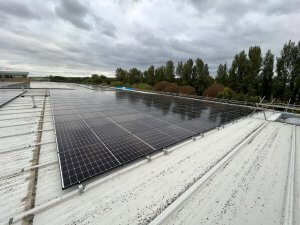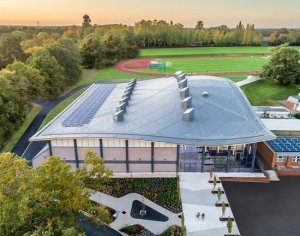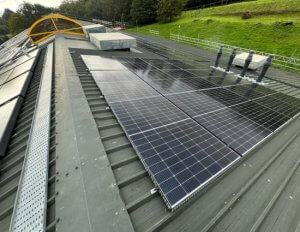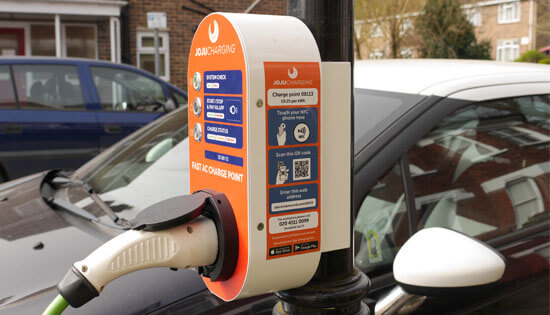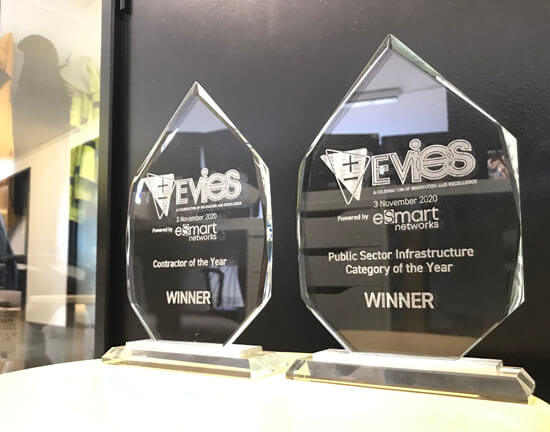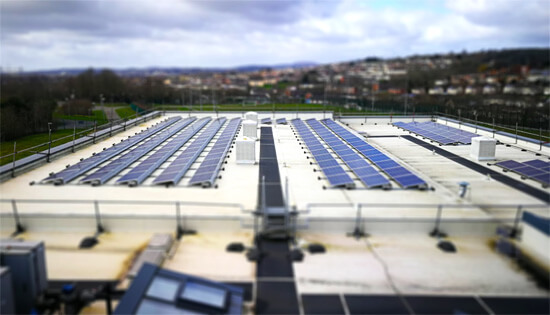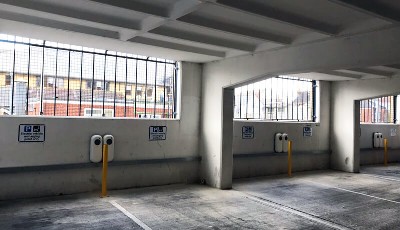EV charging grant for schools, and other funding updates
There’s been a lot happening in the EV charging space recently, in terms of initiatives to encourage electric vehicle adoption and the installation of EV charging infrastructure. Here’s our round up of the key highlights and specifics to have on your radar, when it comes to EV charging grants and funding measures.
EV charging grant for schools
The Department for Transport has recently increased the amount education institutions (including schools, colleges, academy trusts, and nurseries) can receive to install electric vehicle chargepoints.
The schools grant is part of the Workplace Charging Scheme and it’s open to all state-funded schools and educational institutions. It covers up to 75% of the cost of the purchase and install of EV chargepoints, up to £2,500 per socket. That’s a significant rise from the previous £350.
Schools and educational settings can use the grant to install as many as 40 EV chargepoints across all sites. This is a great way to boost chargepoint facilities for staff and visitors. The Department for Transport has also advised that schools could use the chargepoints to generate revenue, by making them available to the public.
To be eligible to apply, any school or educational setting needs to have dedicated off-street parking facilities. You can make an application online here.
Our Joju Charging team can also talk you through the schools grant application process, if you’d like to get in touch.
Independent schools can apply for funding too, through the Workplace Charging Scheme and the Electric Vehicle Infrastructure Grant for Staff and Fleets.

LEVI update
We’ve been sharing news and supporting councils with information for applications for the Local Electric Vehicle Infrastructure (LEVI) Fund. The government is delivering £381 million to local authorities across the country, for the rollout of EV charging infrastructure to support drivers across the UK. The first capital payments for charging projects have been approved for local authorities including Bedford, East Sussex, North Yorkshire and the London boroughs of Hackney and Hounslow.
Here at Joju Charging, we’re also helping to bring EV charging to more rural areas in Dorset as part of a LEVI funded pilot. If you’re a local authority looking to reach more of your communities with EV charging infrastructure, do subscribe to our mailing list to hear more about a licence agreement we’ve created that could speed things up. The agreement enables tier 1 authorities to roll out EV charging networks across their areas, in association with sub authorities and even with the private sector. This framework has been over a year in the making, and we now have it for more of our local authority clients to benefit from.

Supporting EV chargepoint procurement
Through LEVI capability funding, almost 100 EV officers have been recruited to support chargepoint procurement. They will also help local authorities build teams to deliver EV charging projects. An electric vehicle infrastructure (EVI) training course will be open to all local authorities from mid-March as well, after a successful trial.
The government is also launching a consultation to look at speeding up charge point installation across the county. Proposals would mean street works could be carried out using a permit (rather than a licence), which can be issued much faster.
Don’t forget ORCS!
Local authorities can also still access the On-street Residential Chargepoint Scheme (ORCS). We’re always happy to talk through the application process with you.
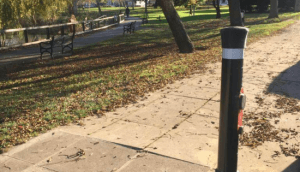
A welcome drive to go electric
With the Society of Motor Manufacturers and Traders (SMMT) revealing that the UK achieved the million EV’s on the road milestone in early February, we welcome all measures to support local authorities and drivers to make the switch to electric. As EVIE’s Contractor of the Year, Joju Charging is always ready to support with the design and installation of reliable, robust EV Charging infrastructure.





